Energiewende
The Energiewende continues to be the defining feature of Germany’s energy policy landscape. It is a major plan for transforming the German energy system into a more efficient one supplied mainly by renewable energy sources and without electricity generation from nuclear by the end of 2022. Furthermore, coal, Germany's largest source of power generation today, is planned to be fully phased out by 2038. Energy policy in Germany is enacted and enforced at the local and federal levels through legislation and regulation. Several factors affect the feasibility of energy policy, such as the availability of energy resources, energy security, the cost of energy production, consumer demand and potential impacts to the environment.
Institutions
Who was involved and how? Click on an institution to learn more.
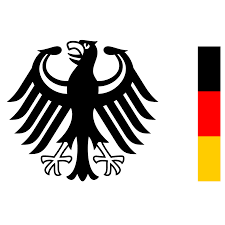
Federal Ministry for Economic Affairs and Energy (BMWi)
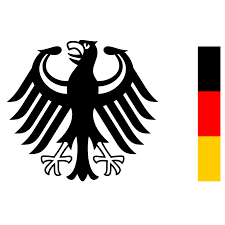
Federal Office for Economic Affairs and Export Control (BAFA)
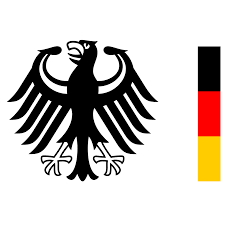
Federal Network Agency for Electricity, Gas, Telecommunications, Post and Railways
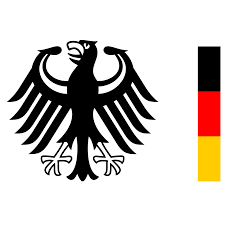
Federal Foreign Office
Timeline
26 Sep 2010
Definition of climate and energy targets
The Energiewende was published by the German government. In this document the German government set out the climate and renewables targets for 2020 and 2050.
06 Jun 2011
Nuclear phase out
Following the Fukushima disaster, Chancellor Merkel, backed up by a large parliamentary majority, announced a nuclear phase out by 2022.
03 Dec 2014
Climate Action Programme 2020
Through this document the German government introduced a catalogue of measures to reach in time the climate targets ought to be achieved by 2020.
14 Nov 2016
Climate Action Plan 2050
The Federal government agrees on its Climate Action Plan 2050. This document is a basic framework for largely decarbonising Germany’s economy to reach 2050 climate goals. It includes targeted actions aimed at reducing greenhouse gas emissions in individual economic sectors.
20 Sep 2019
Climate Action Package
After 2019 the new government gave up on the 2020 climate targets and increased the target of renewables expansion. The Climate cabinet presented a new major policy package including a national CO2 price for transport & buildings.
18 Dec 2019
Climate Action Law
Following the approval of the new Climate Action Package, the Federal government passed a law that makes emissions reduction legally binding, the first in Germany's history.
03 Jul 2020
Coal exit law
The cabinet adopted a coal exit law aimed at ending coal-fired power generation by 2038 the latest.
Youth Contribution

"Young people shape the future" project
The aim of this regional project was to involve young people in the creation and implementation of the Saxony-Anhalt's sustainability strategy. The young participants presented their demands to Saxony-Anhalt's Minister President Dr Reiner Haseloff, and the results were then incorporated into a final report.
Learn more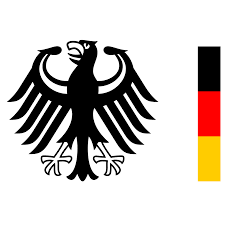
"Our climate! Our future" youth dialogue
In 2017 the Federal Ministry for the Environment, Nature Conservation and Nuclear Safety organized the "Our climate, Our future" (Unser Klima! Unsere Zukunft) youth dialogue. Young people from all over Germany came together to talk about climate change, climate protection and the participation of young people in climate policy. They published a youth report (Jugendreport) to act as a guide for policymakers.
Learn more
German Federal Youth Council
At the federal level, the Deutscher Bundesjugendring (DBJR) represents the interests of young people all over Germany and its members in public and in governmental and parliamentary dealings. It works in committees and working groups, and issues statements on laws and youth reports and it has a say on a wide array of topics, among which climate and energy policies.
Learn more